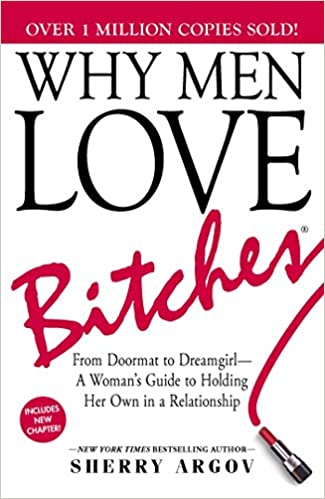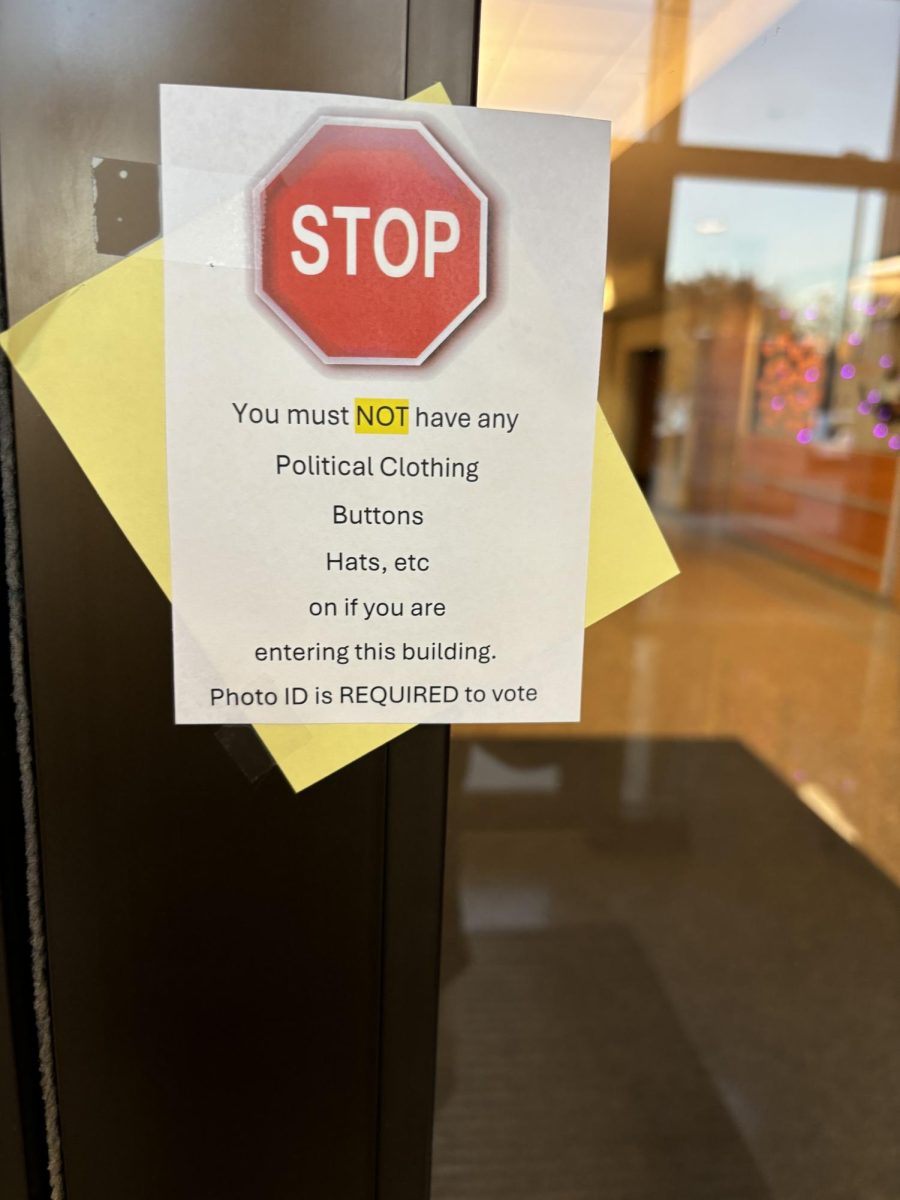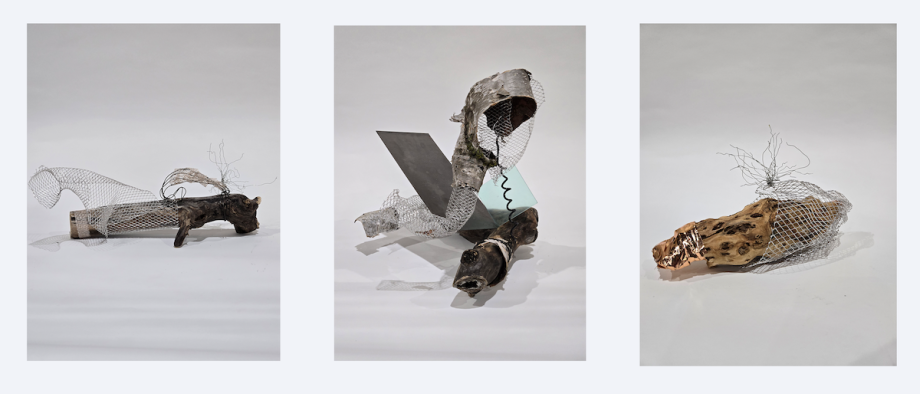Why Men Love Bitches: An assertive self help book

October 20, 2020
When one of my favorite YouTubers and podcasters, Shallon Lester, the self-declared “queen of the girls,” and proponent of confidence, self-esteem and “feminine feminism” recommended that all of her listeners read “Why Men Love Bitches” by Sherry Argov, I was immediately intrigued.
In her podcast, Lester cites the book as “the bible,” saying “This book has truly changed my outlook on dating and even friendship and even just how I move through the world.”
After putting off buying the book for months, I finally had a bout of inspiration and ordered the book from Barnes & Noble for $22.30, a respectable sum for a college student who tries to avoid spending unnecessary money at all costs. Clearly, Lester’s recommendation had its influence. I was ready to soak up the life-changing advice that this book supposedly contained.
The sacred package arrived on a Monday morning. Despite my usual dedication to schoolwork during the weekdays, I enthusiastically made my way to pick up the book that, in the opinion of Lester, was going to change how I advance through the world. I opened the package before I even made it back to my dorm room, throwing the box in the recycling as I walked through the entrance of my residence hall. There it was: “Why Men Love Bitches” by Sherry Argov. On the cover, the word “bitches” was made to look as it was written in red lipstick. I knew I liked the book already, and I hadn’t even opened the cover.
Someone who isn’t familiar with the lingo of figures like Shallon Lester might misunderstand what the word “bitch” implies. In popular culture “bitch” refers to “a malicious, spiteful, or overbearing woman,” according to the Merriam-Webster Dictionary.
In the introduction of the novel, Argov immediately distinguishes between what popular culture defines the word as and her own definition of the word, saying, “An important distinction should be made between the pejorative way the word is usually used and the way it is used here. Certainly, I’m not recommending women to have an abrasive disposition.”
Argov goes on to redefine the word: “The bitch is an empowered woman who derives tremendous strength from the ability to be an independent thinker … This woman doesn’t live someone else’s standards, only her own. This is the woman who plays by her own rules, who has a feeling of confidence, freedom and empowerment.”
Upon reading those words, I felt them resonate within me. They applied to dating, sure, but even more than that, they applied to how I have had to learn to live my life.
Recently I was reading through some journaling I did back in Nov. 2018, a time prior to which I didn’t feel empowered, confident or free. After a massive change in my mindset, I wrote this at 16 years old:
“As you overcome your sufferings you begin to build yourself up. You know that next time you can withstand more, you can pick up more weight, more responsibly. You can read another novel, go to the gym, eat healthier, keep your room clean, get good grades. Face the things that you have always feared. Don’t cower in the face of suffering.”
In that piece of journaling, what I had uncovered is what I’ll deem my “inner bitch.” I had discovered the power of setting standards and expectations for myself, and the autonomy that it gave me.
As for what I’ll call my “outer bitch,” with time that came too. Thanks to the expectations I had set for myself, I am now able to assert myself in situations I wouldn’t have had the confidence to previously. Funnily enough, I can easily recall one of the first times I asserted myself in public, and coincidentally (or not), it happens to coincide with the first time I was called a “bitch.” The desk attendant at my local gym used the term to describe me after I assertively requested that he check me in after being told he couldn’t check anyone in after 9:30 p.m. It was only 9:25 p.m. I proudly got my workout in, saving my tears for the parking lot 30 minutes later. Looking back, I no longer take being called that term to an offense. In fact, with confidence, I can now say to myself, “yeah, you’re right I am a bitch.”
Contrary to what it may appear, “Why Men Love Bitches” isn’t a book about gaining approval from others, or more specifically men: in fact, it’s a book about standing your ground, living your life on your own terms and facing your sufferings head-on. As Argov says, “When you walk down the street of life, always hold your head high and keep walking. Don’t ever let anyone shake your faith in yourself, because that’s all that you have.”





















